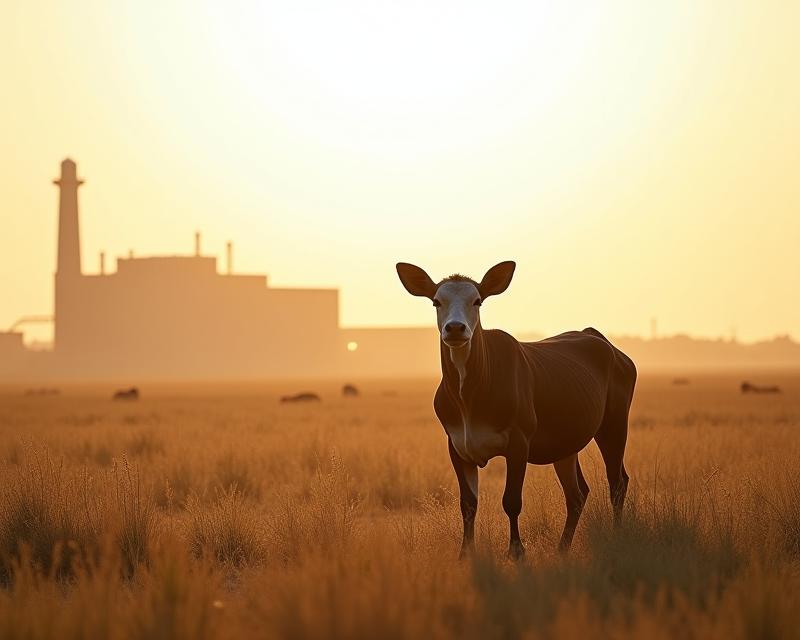Desalination: Water for Farms?
Publish in Sustainable Farming el 06/07/2025 17:49
Desalination: Water for Farms?
Water is the lifeblood of any farm. Whether you're growing crops, raising livestock, or simply keeping your land healthy, access to reliable water sources is crucial. But what happens when rainfall isn't enough? That's where desalination – the process of removing salt from water – comes into play. It's a technology that's gaining traction as a potential solution for farmers facing water scarcity, especially in arid and coastal regions.

How Does Desalination Work?
There are a few main ways to desalinate water. The two most common are reverse osmosis and distillation. Reverse osmosis uses pressure to force water molecules through a semi-permeable membrane, leaving the salt behind. Distillation involves heating saltwater and then collecting the condensed freshwater vapor. While the technology can seem complex, the end result is simple: fresh, usable water. It's important to note that desalination plants require significant energy, but advancements are constantly being made to improve energy efficiency and reduce environmental impact.
Desalination for Irrigation: A Growing Opportunity
For farmers, desalination offers a potential lifeline. Imagine being able to irrigate your fields with water sourced directly from the ocean or brackish groundwater! This opens up possibilities for farming in areas previously considered unsuitable. It can also provide a more reliable water supply during droughts, ensuring consistent crop yields and livestock health. While the initial investment in desalination technology can be substantial, the long-term benefits – increased water security and agricultural productivity – can be significant. Furthermore, government incentives and funding programs are increasingly available to support the adoption of desalination in agriculture.
Considerations and the Future
Of course, desalination isn't a silver bullet. The cost of desalination can be a barrier for many farmers. Environmental concerns, such as brine disposal (the concentrated salt byproduct), also need careful consideration. However, ongoing research and development are focused on addressing these challenges. New technologies are making desalination more affordable and environmentally friendly. As water scarcity continues to be a growing concern globally, desalination is poised to play an increasingly important role in ensuring the future of agriculture. It's a technology worth exploring for farmers looking to build a more resilient and sustainable operation.





